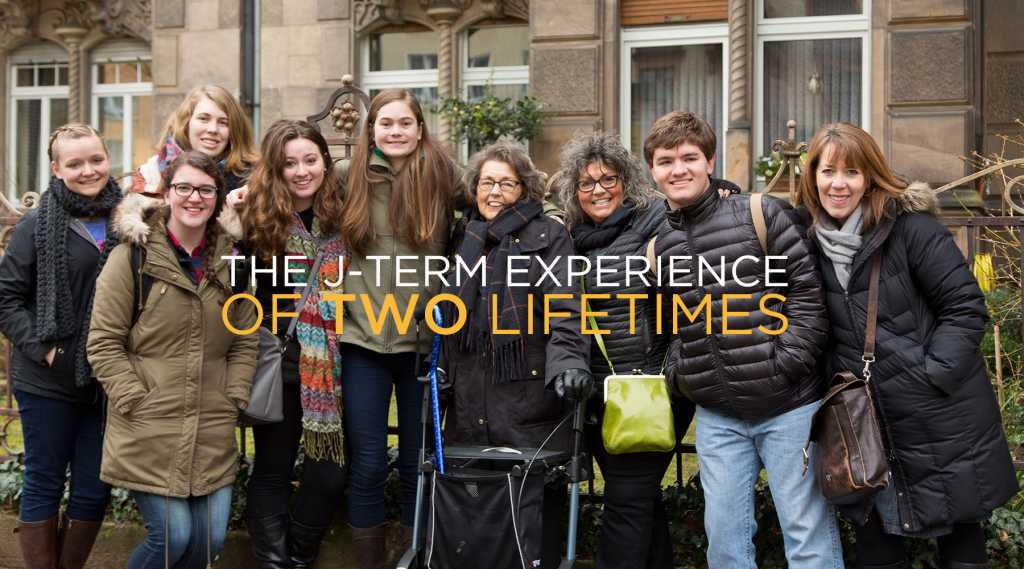Page 215 • (2,244 results in 0.165 seconds)
-

that PLU, and only PLU, would truly own. We wanted a name that reflects PLU and its strong and growing Lute community. We wanted a name that matters today, on several levels, and is likely to keep mattering. In the end we chose RESOLUTE wholeheartedly and with great glee: Not only does it contain a ready-made Lute—it also perfectly describes one: admirably purposeful, determined and unwavering. Just like a magazine, and a readership, with a rich history—and an exciting future. We’ll be mailing two
-

Folk Roxanne Dunbar-Ortiz An Indigenous Peoples’ History of the United States Paul Freire Pedagogy of the Oppressed Frantz Fanon Black Skin, White Masks bell hooks Teaching Community: A Pedagogy of Hope George Lipsitz The Possessive Investment in Whiteness: How White People Profit from Identity Politics Audre Lorde Sister Outsider: Essays and Speeches Tressie McMillan Cottom Thick and Other Essays Charles W. Mills The Racial Contract Leigh Patel Decolonizing Education Research. From Ownership to
-

continues over more clips of a mountain face.] Justin: emphasis is really on you know helping people and hopefully saving lives [video: Samantha Denham’s voice comes in over clips. A shot of a digital monitor showing topographic data. A shot from overhead of a town in cold weather, trees bare and some destruction on the ground.] Samantha: there was a landslide event in 2014 in Oso Washington that took 43 lives it is the largest deadliest slide in US history and that event highlighted the [video
-
yourself and ask what classes you should take and what time the orientation is for your graduate program. 5. Plan to attend the New International Student Orientation. Review the New Student Orientation Schedule for International Students for details. 6. Get the required TWO MMR vaccinations (or proof you have already received them), and TB test and have your health care provider sign form below. These should be sent before you arrive. We can accept scanned documents. Download the Medical History
-

, she had to branch out to surrounding Tacoma, Parkland and Spanaway schools to meet other people of color. After joining the heritage speakers cohort, Pinedo Chipana gained so much more, particularly a heightened ability to communicate with her relatives from Peru, where she was born. “My parents know all the history,” she said. “I was able to relate more to what they were talking about. When I learned about the history, I could finally understand what they were talking about.” Rojas Apodaca, a
-

,” outside a classroom lab setting. “We don’t know the answers in advance,” she said. “Our job is to figure out how to ask the questions.” For Hoang, doing science can mean embracing failure, because it’s part of the process. “Conducting research allowed me to appreciate failed experiments,” she said. “This actually helps me become more problem-solving savvy.” For Kiyomi Kishaba ’21, studying Jewish immigrants in South America resonates with her own family history. Her father’s side is ethnically
-
her time on The Voice. Guest Contributors Samuel Torvend, Ph.D. Samuel Torvend, Ph.D., is professor of the history of Christianity and currently serves as the university chair in Lutheran studies. As a historian of Christianity, his research focuses on the history of religious responses to poverty and food insecurity. He also teaches courses on religious art and architecture and their role in reforming movements. Among his published works are Luther and the Hungry Poor: Gathered Fragments . Kevin
-

escaped to the United States during the Holocaust and settled in San Francisco. “I thought, ‘I need to do a Kurt Mayer segment,’” Christensen said. “And I thought, ‘Why hadn’t I thought of that before, and why hadn’t I done that while he was alive?’” Christensen had known Mayer personally—not well, she said, but very meaningfully, through her opportunity to work with him on the German translation of his memoir, My Personal Brush with History . Christensen ran into Mayer’s son, Joe, at a Powell-Heller
-

escaped to the United States during the Holocaust and settled in San Francisco. “I thought, ‘I need to do a Kurt Mayer segment,’” Christensen said. “And I thought, ‘Why hadn’t I thought of that before, and why hadn’t I done that while he was alive?’” Christensen had known Mayer personally—not well, she said, but very meaningfully, through her opportunity to work with him on the German translation of his memoir, My Personal Brush with History . Christensen ran into Mayer’s son, Joe, at a Powell-Heller
-
/* fix for jQuery UI library issues when using the date picker popup */ jQuery.browser = {}; (functi
Do you have any feedback for us? If so, feel free to use our Feedback Form.


